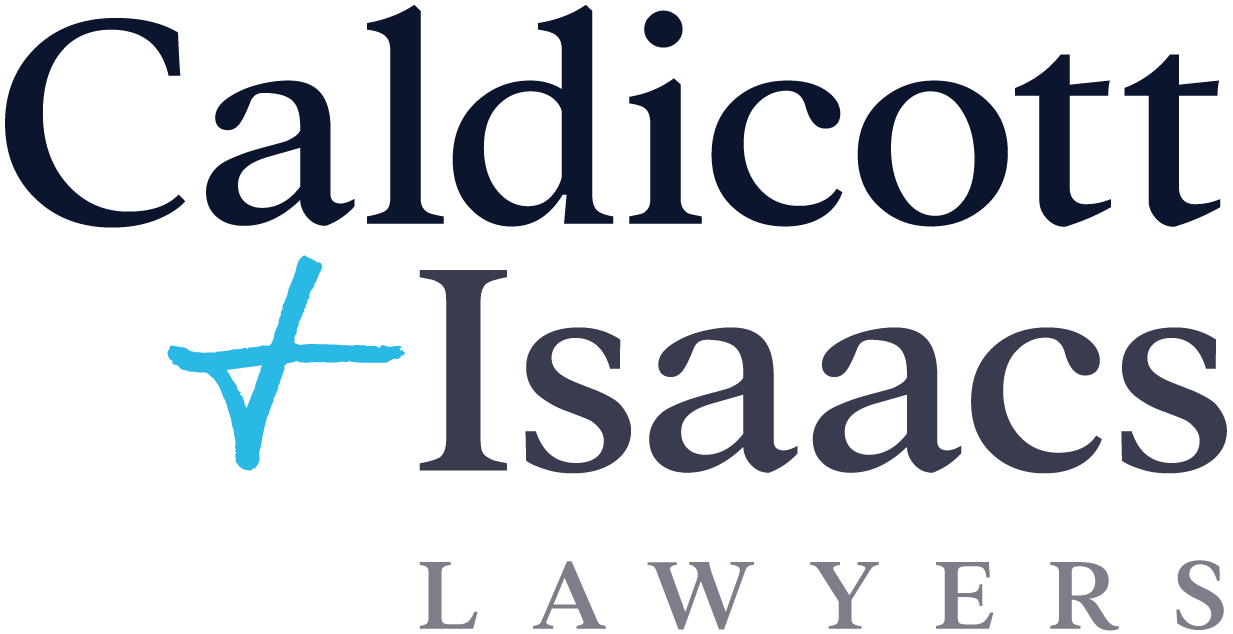It Is Not Cannabis
Section 4 of the Controlled Substances Act 1984 defines cannabis as: a plant, or any part (including the seed) of a plant, of the genus cannabis, but does not include cannabis resin or oil. Thus, you will have a complete defence to this charge if it can be shown that the plant or plant matter in your possession was something other than cannabis.
It Was Not In Your Possession
In order to prove possession, the Prosecution must show that you:
- were in physical control of the cannabis, and
- had the knowledge (or intention) of having the cannabis.
You may have a defence to this charge if either of these elements are in doubt.
It Was In Your Possession For Personal Use
It may be the case that you are a heavy user of cannabis and, despite having what the legislation declares to be a trafficable quantity, it was in your possession for your own consumption. If there is evidence to support this claim, then it may be possible to have the charge downgraded to a lesser offence.
You Did Not Intend To Sell The Cannabis
If there is evidence to suggest that you had no intention of selling the cannabis, and you instead had some other purpose for it (e.g. you had planned to simply give it away), you may have a defence to this charge.
It Is Not A Trafficable Quantity
Schedule 3 of the Controlled Substances (Controlled Substances, Precursors and Plants) Regulations 2000 sets the prescribed quantity of cannabis for a trafficable offence at 250g. If you have less than 250g, then you may be successful in having the charge downgraded to a lesser offence.
There Were Was Only One Element of Transaction
If someone has paid you money with the intention of engaging in a transaction of sale of the cannabis, but your intention was to obtain money without exchanging it for the cannabis, you may have a defence to this charge.
Duress
It is a complete defence to this charge if we can show that you were acting under duress; that is: you were acting as a result of violence, or some other threat, against you. We would need to present evidence that shows you were coerced into the act by a third party, effectively rendering you an instrument of someone else’s criminal conduct and thus displacing the responsibility for your actions.
Mental Impairment
The law recognises that, in some cases, people will not be capable of evaluating the nature and quality of their conduct, or, more categorically, they will not know what they are doing is wrong. If it can be shown that you were suffering from some sort of mental disease, disorder or disturbance, as distinguished from a mere lack of self control or impulsiveness, then you may have a defence to this charge.
Mental impairments may be either transitory or permanent and have been held to include disorders such as:
- Schizophrenia
- Hyperglycaemia
- Psychomotor epilepsy
- Cerebral arteriosclerosis

